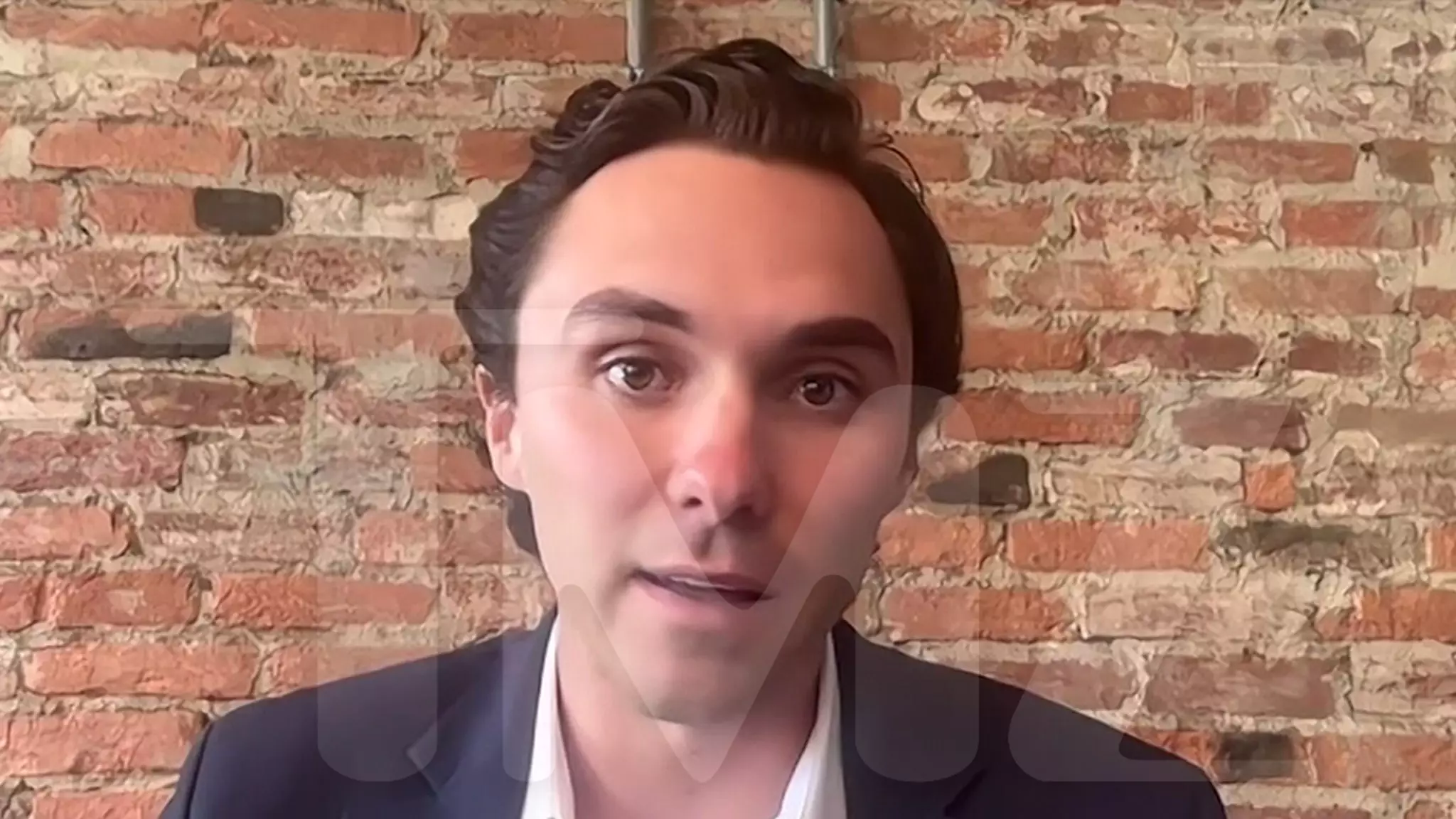The Democratic National Committee (DNC) is gearing up for a significant internal transformation as it aims to hold its own members accountable for their performance. At the forefront of this reform movement is David Hogg, a gun control activist turned vice chair of the DNC. In a recent interview, Hogg articulated a determination to confront underperforming politicians, regardless of their age or the duration of their tenure. This strategy signals a departure from traditional party dynamics and reflects a growing urgency for modern politicians to meet the evolving needs of their constituents.
Hogg’s approach is noteworthy for its inclusivity; it emphasizes the principle that ineffectiveness knows no age limit. While some may perceive older politicians as the primary targets due to their longstanding presence in Congress, Hogg insists that younger members can also be challenged if they fail to deliver. This perspective is crucial in today’s rapidly changing political landscape, where inertia can be detrimental, and fresh ideas are essential for rejuvenating a party struggling with dismal approval ratings.
Voter Sentiment and Accountability
The urgency for reform comes on the heels of stark figures revealing a troubling decline in voter support for the Democratic Party. With only 26% of self-identified Democrats expressing satisfaction with their leadership, the DNC is acutely aware that change is not just necessary; it is crucial for its survival. Hogg’s insights illuminate the broader discontent permeating various demographics, especially among younger voters who feel alienated by the party’s current trajectory. By actively working to replace ineffective incumbents, Hogg and the DNC are not simply protecting their interests but are responding to a palpable dissatisfaction that could threaten their electoral prospects.
The strategy of creating primary challenges against underperforming members reflects a gradual shift from mere party loyalty to a meritocratic approach that prioritizes effectiveness. This willingness to hold leaders accountable marks a potential turning point for the DNC, one that could resonate with disillusioned voters seeking authenticity and capability over traditional political allegiances.
The Task Ahead: Reconnecting with Voters
Despite the boldness of the DNC’s intentions, there remains the monumental task of regaining the trust of voters. Hogg points out that the party cannot rely solely on the narrative of being the lesser evil compared to Republicans. Instead, there is a pressing need to articulate a clear and compelling vision that resonates across various demographics—especially those who feel left behind by the current political elite.
As Hogg emphasizes, providing voters with tangible reasons to rally behind Democratic candidates will be pivotal. This means not only proposing strong policies but also engaging constituents in meaningful dialogues that address their real concerns. The reformative spirit within the DNC, as championed by Hogg, could yield positive outcomes if executed thoughtfully. However, the actual implementation of these reforms will be critical in determining whether they translate into genuine electoral success.
While David Hogg’s rise to prominence as an advocate stems from tragedy, his commitment to reshaping the Democratic Party indicates that he is poised to leverage his platform for genuine change. Whether this initiative will invigorate a beleaguered party or merely represent another fleeting attempt at reform remains to be seen—but it undeniably sets the stage for a critical phase in American politics where accountability and performance will take center stage.

